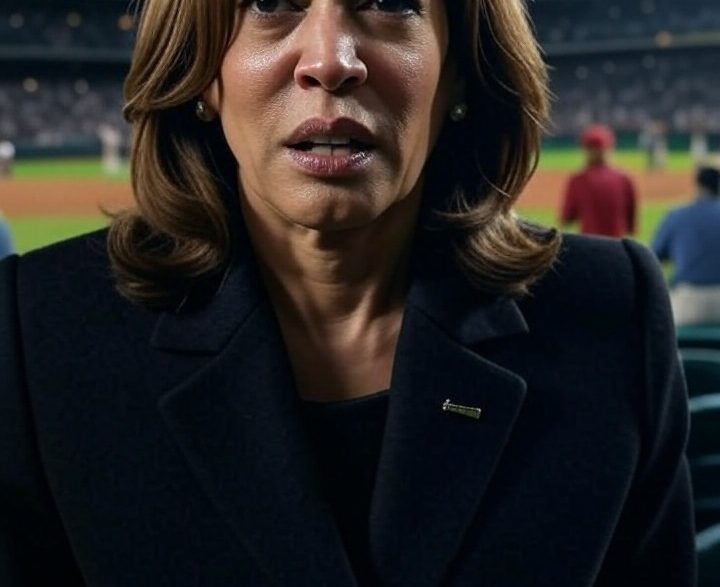In a recent statement, MLB commissioner Rob Manfred revealed that he considered input from various influences, including President Donald Trump, regarding the reinstatement of Pete Rose for Hall of Fame eligibility. This decision marks a significant shift for Rose, who has been on MLB’s permanently ineligible list since 1989 for gambling on baseball.
Manfred, speaking from MLB’s headquarters, acknowledged that Trump was one of several voices advocating for this controversial move. “The President was one of a number of voices that was supportive of the idea that this was the right decision,” he said. This kind of acknowledgement illustrates the complexities that come with high-profile decisions in baseball where public figures can sway the narrative.
While Trump was vocal about his support earlier this year—advocating for a full pardon for Rose—Manfred clarified that his decision was shaped not only by Trump’s input but also by the considerations of many others engaging with this topic. He expressed, “I have respect for the office and the advice that he gave. I paid attention to it.” This multi-faceted dialogue gives us a glimpse into the contemporary pressures the commissioner faces, balancing public opinion with the integrity of the game.
Rose remains a polarizing figure in baseball history. As the all-time hits leader with 4,256 hits over 24 major league seasons, his accomplishments on the field are overshadowed by his off-field actions. With Manfred now allowing for Rose’s potential Hall of Fame candidacy, conversations around his legacy are rekindled.
Manfred anticipated mixed reactions from the baseball community regarding Rose’s reinstatement. He noted, “I think it is what I expected, to tell you the truth. It was mixed. Some people, I think candidly those who really think about the reasons that I did it, think that it is the right decision. And other people, I think largely get confused with whether he’s going to be in the Hall of Fame or not, and maybe don’t think that was so good. But mixed is what I would say.”
As the landscape of baseball continues to evolve, Rose’s reinstatement raises profound questions about ethics and legacy, inviting fans and analysts alike to reckon with both the rules that govern the sport and the people who define its narratives. The implications of this decision extend far beyond Rose himself and signal a broader reconsideration of how the game remembers its legends and transgressions.







